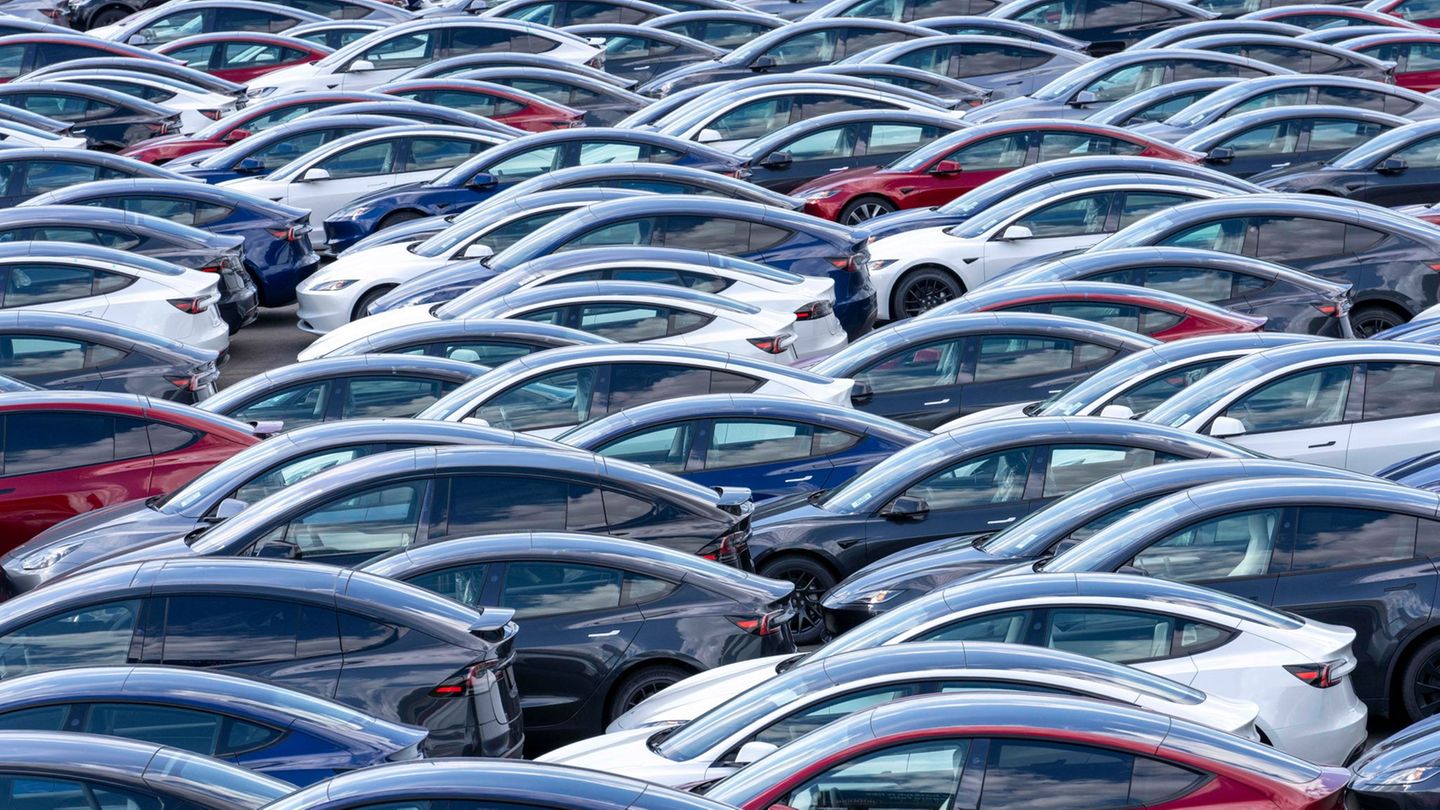The chancellor should “finally get his cabinet on course for climate change,” the signatories to a demand paper warn. One minister is particularly in focus – he is “a total failure” for climate protection.
In view of the imminent failure to achieve the German climate goals, associations are calling on the federal government to change course. More than forty institutions and associations have signed a letter to this effect, including workers’ welfare, the Federation for the Environment and Nature Conservation and the German Traffic Club. The claim paper is available from the German Press Agency in Berlin.
Yesterday, the German Council of Experts for Climate Issues re-certified that it is not on track to achieve the climate target for 2030. By then, Germany would have to emit 65 percent fewer greenhouse gases than in 1990. The transport and building sectors in particular are causing problems.
“We call on Chancellor Olaf Scholz to finally get his cabinet on course for climate change and to ensure that the climate targets are achieved by 2030,” said Stefanie Langkamp, head of politics at the umbrella organization Climate Alliance Germany. FDP Transport Minister Volker Wissing is “a total failure” for climate protection. “The inadequate program is another breach of the law in relation to the climate protection law.” With its planned reform, the traffic light coalition wants to weaken the requirements even further.
From phasing out coal to speed limits to climate money
In their paper, the signatories call, among other things, for a coal phase-out by 2030, not only in the West as previously planned, but throughout Germany and, analogously, a plan to phase out gas. They are also in favor of a speed limit of 120 km/h on motorways and 80 km/h on country roads. In addition, climate-damaging subsidies would have to be reduced, for example for company cars or the taxation of kerosene in aviation. More speed is required for the energetic renovation of buildings.
In agriculture, more climate-damaging methane must be avoided, for example by reducing the number of animals, especially in stables, according to the signatories. At the same time, fewer meat and dairy products would have to be produced; In order to create appropriate incentives, VAT could be adjusted and better labeling introduced.
In addition, the CO2 price, which makes heating and refueling with fossil fuels expensive, should rise faster. The climate money planned by the traffic light coalition must come by 2024 at the latest, which in return is intended to relieve the burden on citizens. However, a system for this should not exist until 2025.
Source: Stern
I have been working in the news industry for over 6 years, first as a reporter and now as an editor. I have covered politics extensively, and my work has appeared in major newspapers and online news outlets around the world. In addition to my writing, I also contribute regularly to 24 Hours World.




